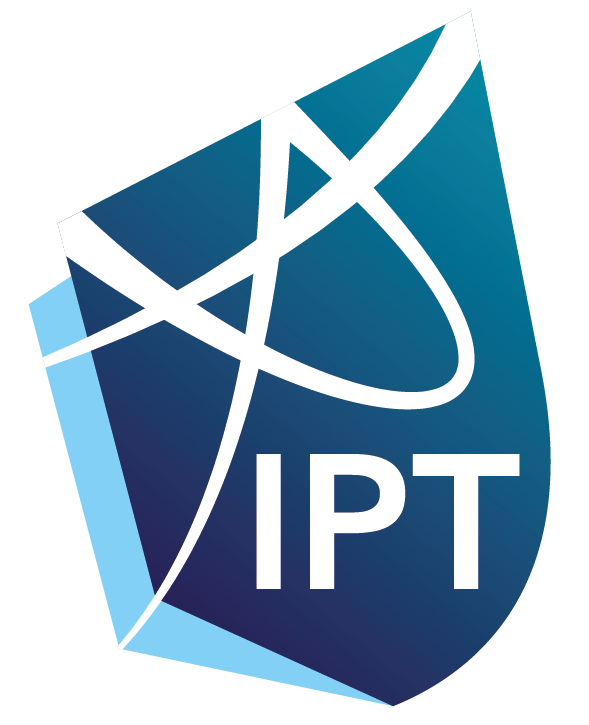If more teams register than the number of seats available, the IPT execom is responsible for running a preselection round for the registered teams. The IPT community is informed on whether the preselection is taking place or not shortly after the registration closes. Although one is expected to take place, all in-person IPTs in the last many years had a preselection.
The host university and the countries of the top 9 teams of the previous edition of the IPT are automatically qualified for the next edition.
For IPT 2026, those teams are teams from Poland, France, Germany, Switzerland, Sweden, Ukraine, Denmark, Croatia, and Italy. There will be a total of 24 seats, therefore 14 teams will be chosen from the preselection.
The teams are ranked based on a double-blind two-round review process. Each team must submit a scientific paper on one of the following preselection problems:
- 1. Tin Can Telephone
- 12. Kinetic Voltmeter
- 16. Singing Flame
In addition, countries with a national selection may choose from additional two problems:
- 8. Eddy Current Engine
- 17. Crazy Cylinder
As a reminder, the description of the problems is available on the website.
Manuscript guidelines
The manuscript must have a .pdf format and cannot exceed 5 pages of main text (i.e. not counting the appendix or cover page). You are free to enclose your own experimental material (videos, photos, computer programs – smaller than 10 MB in total) and to cite it properly in the manuscript.
Make sure that your manuscript is anonymous, i.e. it does not contain any reference to the team. It must be sent only to president@iptnet.info (for anonymity reasons) by 23:59 PT (UTC-8) on January 7, 2026.
Review process
The IPT President and Secretary take the role of editors for the review process. This time we will only have one round of review and the manuscripts will be sent to 3 referees who will be evaluating them. Your manuscript will be judged on whether it gives a plausible solution to the chosen problem, how well-supported the solution is (experiment and/or theory), how innovative the solution is, and how well all the possible solutions have been considered. A model manuscript from a previous edition is available below.
After collecting the referees’ reports and grades (from 0 to 10, with 0.25 precision), the teams are ranked based on the average grade. The president then sends the referees’ reports and average grades to the teams earliest by the 14th of January 2026. This date could be later depending on the referee response time.
After this, the teams are selected based on the ranking given by the amended grades, which will be communicated to the team by the 14th of January. This year the teams selected are those that rank from 1st to 14th at the end of the second round of the preselection.
Please remember that this pre-selection process is free. The registration fees will have to be paid only by the teams qualified for the international competition and will be due to the LOC.
Given the increased number of participants in the preselection process, we care to ensure that the preselection process is fair for all parties. Which is why this year we are making a two-round selection process where the participants have to reply to referees’ reports. As this is much closer to the usual peer-review process to publish in scientific journals, we think this at the same time a good opportunity for the students to be exposed to this process and good training for what to expect at the tournament.
Examples of preselection submissions:
Manuscript example 1 Manuscript example 2